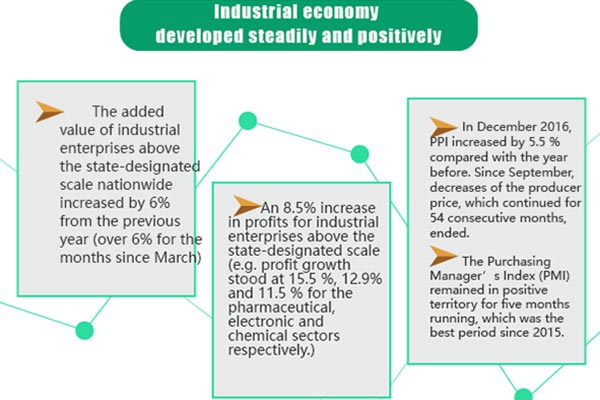Apple upsets the risk-reward ratio cart
But the issue is significant beyond the fortunes of one company, because Apple is not the only Silicon Valley-based company to do so - not by a long shot. Others, such as Google, whose search algorithm was funded by the National Science Foundation, have also profited immensely in similar fashion.
In fact, many new economy-type companies that like to portray themselves as the heart of US "entrepreneurship" have successfully surfed the wave of US government-funded investments. Hence, the secret to Silicon Valley's success was the government's active and visible hand, in stark contrast to the Ayn Rand/Adam Smith folklore often bandied about.
The US government, through the Defense Advanced Research Projects Agency and other initiatives, stands out worldwide for its astoundingly positive track record in funding true innovation. This includes the government's most recent claim to fame, its steadfast financial support of (controversial) shale gas and fracking technologies, begun more than three decades ago during the otherwise much-maligned Jimmy Carter administration.
In a business context, the role of the US government is often portrayed as one safeguarding against market failure. But that traditional understanding must be widened to include the active - and often catalytic - role that the US government's risky investments have played for technology-based corporations.
While many US economists have focused on market failures to justify government intervention, the US government's range of "mission-oriented" investments, which has funded development projects such as the Internet, points to a role far bigger than a mindset devoted to just fixing problems. These technology activities do require a vision, a mission and a plan - and lots of money for upstream research through to downstream commercialization.
It is not by accident that the National Institutes of Health spends $31 billion a year on supporting innovation in biotechnology and pharmacology. Academic predilections and conventions notwithstanding, such an investment can hardly be considered as just "nudging" a sector.
The crucial question to be answered is not just whether the present system is geared toward the government showing a lot of entrepreneurial courage, but why it is systematically badmouthed despite its many successes. And an even bigger question for American taxpayers is whether such support leads to a "parasitic" innovation ecosystem.
Consider Apple. Despite benefiting directly from taxpayer-funded technologies, it has strategically "underfunded" the tax purse on which it has in the past directly depended. Apple set up a subsidiary in Reno, Nevada, a state without a corporate income or capital gains tax. It channeled a portion of its US sales there, instead of including it in the revenues it reported in California, where it has its headquarters. Apple reportedly saved $2.5 billion in taxes.

















